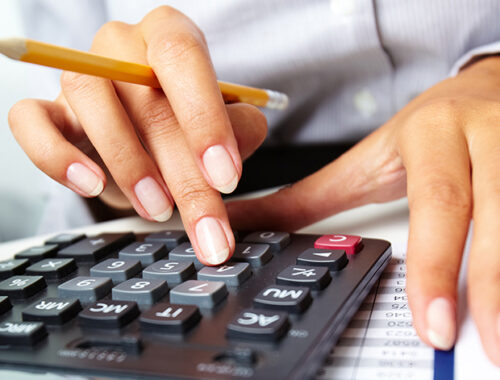
Home Loan Tips for First Homebuyers
Entering the property market is difficult for young Australians, with the cost of living being the highest it’s ever been and the property market across the country experiencing massive booms.
However, with these handy tips, you’ll be more versed in the language of mortgage brokers in Perth and will be better equipped to save the deposit for your first home.
How Much Will I Need for a Deposit?
The total sum you’ll need as a deposit for your first home will vary depending on the value of the property you’re hoping to buy. As a general rule, homebuyers need to have a 20% deposit. Some lenders offer low deposit home loans of only 10%, but these do sometimes come with additional fees and higher interest rates.
For instance, if you want to purchase a property that’s valued at $600,000, ideally you would want a deposit of $120,000.
How Much Can I Borrow?
As well as how much first homebuyers will need for a deposit, the next most important question on everyone’s lips is ‘how much can I borrow?’ To find out how much first homebuyers can access with home loans from Perth institutions, click here to look at these handy calculator.
It’s also worth looking at how much your monthly repayments will be, as home loan providers in Sydney won’t just look at your deposit amount, they’ll also analyse whether they think you can afford the repayments.
While trying to establish how much you can afford to borrow, also take your weekly and monthly expenses into consideration. For example, bills (including gas, electricity, internet, phone, groceries, petrol, water and etc.), as well as payments like insurance and car registration. Finally, have a think about your lifestyle expenses, like public transport to work, dining out, alcohol and coffee purchases and etc.
Finally, how much do you earn? Your home loan repayments should only take up roughly 30% of your gross monthly income, leaving enough for your monthly expenses, savings, and hopefully entertainment.
Extra Costs to Think About Before You Apply for a Loan
When budgeting and saving in preparation for your first home, don’t forget the extra costs. For instance, take any building inspection or conveyancing fees into consideration, as well as pest inspections, loan application and property valuation fees, as well as stamp duty.
Plus, make sure you have enough put away to cover any moving costs. This can include everything from purchasing furniture, appliances and household goods for the first time, or any removalist costs that can quickly add up. If you’ve built your first home, you might also be up for landscaping costs and things like curtains, which are commonly excluded from building contracts.
Tips to Help You Save for Your Home Loan Deposit Faster
Once you’ve taken all of the above into consideration, it’s time to think about how you’re going to reach your goal faster. Let’s say you’re saving a 20% deposit for a property worth $600,000, so you need $120,000. This is a lot of money! So, how can you maximise your savings efforts to reach your goals faster?
- Choose your bank accounts wisely. Always opt for ones with low or no transaction fees, account fees, and of course high-interest accounts. Depending on your specific situation it might be worth looking into a term deposit account.
- Pay off any outstanding debts. While this might slow your saving efforts down initially, it will help you save on any pesky interest being charged on your outstanding credit card debts. On the topic of credit cards, also try to keep the cards you have to a minimum. In most cases, one will suffice.
- Cut back on any luxuries. Start taking a packed lunch to work, make the most of leftovers and make your coffee at home rather than buying one. The same goes for your social activities. You don’t have to stop going out altogether, but when you do go out, pre-drink rather than paying club prices and frequent cheaper restaurants or skip the entrée and just have the main.
- Put 10% of your income into savings. So, if you earn $3500 in a calendar month after tax, at least $350 should go into your savings account. If possible, try for more, but 10% should be the minimum amount you put away.
Saving for a house won’t happen overnight, however, with a little sensibility it’s well within reach for first homebuyers. When you’re ready to use your deposit to buy your first home, talk to Complete Financial Services to see how our mortgage brokers in Perth can help make your dream a reality.
You May Also Like

6 Essential Steps to Follow When Buying a House
December 11, 2023
5 Tips for Saving Money Over Christmas
December 11, 2023

